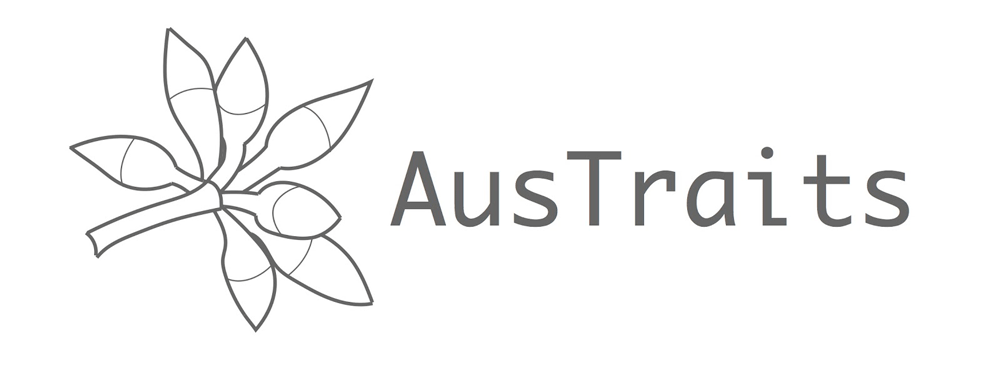Conservation Status
Online Resources
Occurrence records map (0 records)
Datasets
datasets have provided data to the Atlas of Living Australia for this species.
Browse the list of datasets and find organisations you can join if you are interested in participating in a survey for species like Senecio megaglossus
Types
Specimens
Images
Misidentified

Names and sources
| Accepted Name | Source |
|---|---|
| Senecio megaglossus |
|
| According to:Thompson, I.R. (16 November 2004), Taxonomic studies of Australian Senecio (Asteraceae): 3. Radiate arid region species allied to S. magnificus and the radiate, alpine species S. pectinatus. Muelleria 20 | |
| Published in:Mueller, F.J.H. von (1853), Diagnoses et descriptiones plantarum novarum, quas in Nova Hollandia australi praecipue in regionibus interioribus. Linnaea: ein Journal für die Botanik in ihrem ganzen Umfange, oder Beiträge zur Pflanzenkunde 25 [419] | |
| Common Name | Source |
|---|---|
| Large-Flower Groundsel Australia Australia |
| Name | Source |
|---|---|
| Senecio megaglossus accepted |
|
| Identifier | Source |
|---|---|
| http://id.biodiversity.org.au/node/apni/2892744 Taxon unknown |
|
| https://id.biodiversity.org.au/node/apni/2892744 Taxon current |
|
| https://id.biodiversity.org.au/name/apni/102127 Scientific Name current |
|
| https://id.biodiversity.org.au/instance/apni/590926 Taxon Concept current |
|
Classification
- kingdom
- Plantae
- phylum
- Charophyta
- class
- Equisetopsida
- subclass
- Magnoliidae
- superorder
- Asteranae
- order
- Asterales
- family
- Asteraceae
- genus
- Senecio
- species
- Senecio megaglossus
Charts showing breakdown of occurrence records (0 records)
Name references found in the Biodiversity Heritage Library
| Data sets | Licence | Records |
|---|

The trait data shown here are a selection from AusTraits, an open-source, harmonised database of Australian plant trait data, sourced from individual researchers, government entities (e.g. herbaria) or NGOs across Australia. Traits vary in scope from morphological attributes (e.g. leaf area, seed mass, plant height) to ecological attributes (e.g. fire response, flowering time, pollinators) and physiological measures of performance (e.g. photosynthetic gas exchange, water-use efficiency.)
These traits are a sampler of those available in AusTraits. The data presented here are summary statistics derived from all field-collected data on adult plants available from AusTraits. Since the data presented are derived from the wide variety of sources in AusTraits, both the numeric trait statistics (min, mean, max) and categorical trait summaries (frequency of each trait value) that have been merged together could include data collected using different methods. The values presented for this species may reflect a summary of data from one or many sources, one or many samples from one or many adult plants at one or many locations. They may therefore differ from those presented elsewhere on the ALA platform and users are encouraged to download a spreadsheet of the full AusTraits data for this species via the download CSV button to view the accompanying details about the data sources before further use.
Categorical Traits
* Data sources in AusTraits report multiple values for this trait, suggesting variation across the taxon's range and life stages. Please download the raw data with information about the context of data collection to assess whether they are relevant to your project.| Trait Name | Trait Value | Definition |
|---|
Numeric Traits
| Trait Name | Min | Mean | Max | Unit | Definition |
|---|
